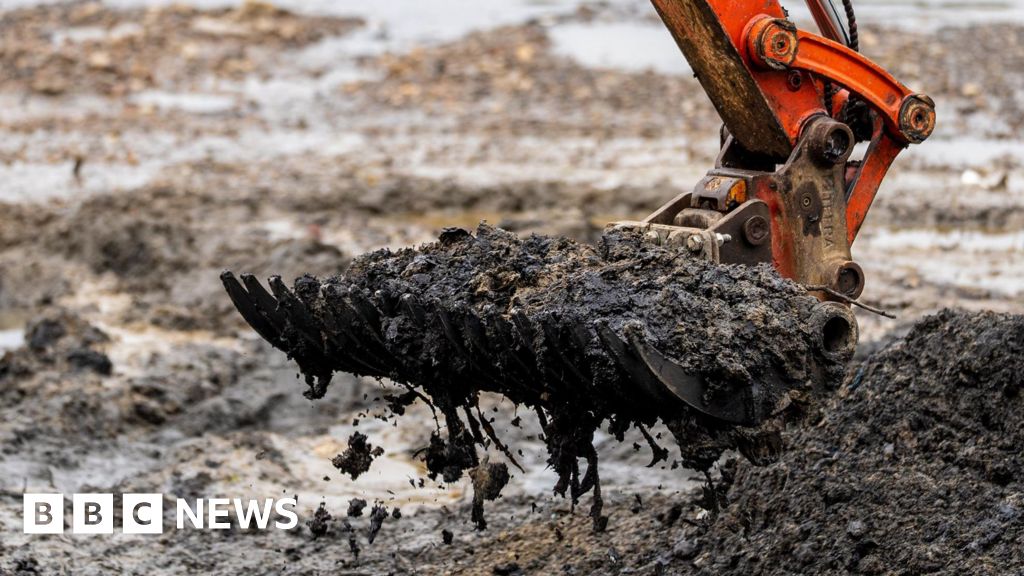
"Congealed rubbish equivalent to around five million wet wipes has been removed along a 820ft (250m) stretch of the foreshore near Hammersmith Bridge in west London. The two eight-tonne excavators used a "rake and shake" method to scoop out wet wipes from the natural sediment and riverbed. Towels, scarves, trousers, a car engine timing belt and a set of false teeth were also dug up. The "island" was about the size of two tennis courts and more than three feet (1m) deep in places."
"After months of planning and hard work, we're so pleased to have finally been able to clear this stretch of the Thames. The reaction of local communities - and of people across the country and beyond - has been really encouraging but also slightly incredulous that this work was needed in the first place. As a business which reinvests all the money we make back into the river and its communities, we are proud to have been able to drive forward this first-of-its-kind project and, while at times the work was pretty gross, it was well worth it to help clean the river."
Congealed wet wipes and other debris equivalent to around five million wipes were removed from an 820ft (250m) foreshore near Hammersmith Bridge. Two eight-tonne excavators used a "rake and shake" method to scoop wet wipes from natural sediment and the riverbed, uncovering towels, scarves, trousers, a car engine timing belt and false teeth. The accumulation formed an "island" about the size of two tennis courts and over one metre deep in places. The three-week project began on 11 August, led by the Port of London Authority in partnership with Thames21 and Thames Water, removing 114 tonnes of rubbish and almost 200 cubic metres of plastic-containing wet wipes to landfill. Volunteers from Thames21 had campaigned and monitored the build-up and researched environmental impacts of plastic-containing wipes.
Read at www.bbc.com
Unable to calculate read time
Collection
[
|
...
]